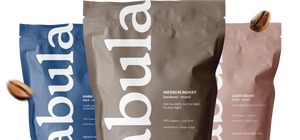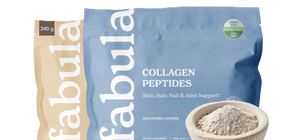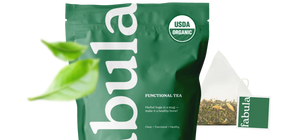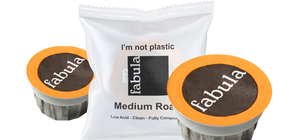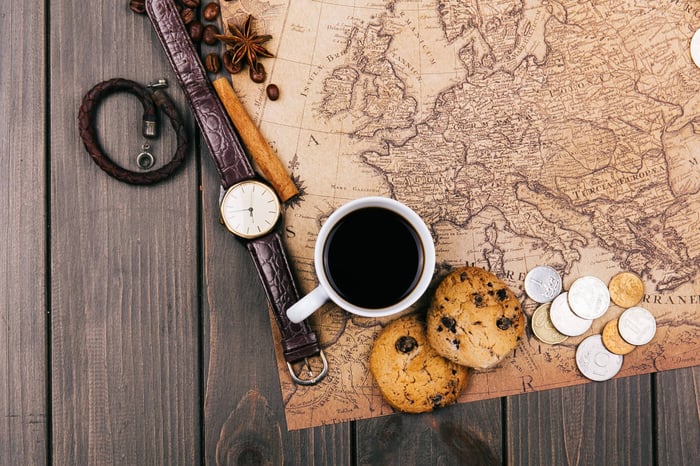Did you ever wonder about the history and origins of coffee? From ancient times to the present day, coffee has a long and fascinating history that spans centuries, cultures, and continents. It is one of the most popular beverages in the world today, with more than 400 billion cups consumed annually. That's a BIG number! Let's learn a bit today, and get into the origins of coffee.

The earliest known evidence of coffee drinking dates back to 15th century Ethiopia. At this time, locals would chew on wild coffee berries to get an energizing buzz before engaging in ceremonies or battles. The beans were also roasted over hot coals and boiled in water for consumption – likely making it the first “coffee” ever made.
By the 16th century, coffee had spread to the Middle East and beyond. Coffeehouses began popping up in cities throughout the region, becoming a popular social gathering place for locals to share stories and ideas. This period marks the start of many of today’s coffee traditions, including adding milk or cream to sweeten it.
The 17th century marked a turning point in coffee's history as it began its journey around the world. Dutch traders brought beans from Africa to Europe where they were planted in botanical gardens and greenhouses across Holland, France, England, Germany, Austria, and Hungary. From here it was introduced into North America by English settlers who first landed in what is now known as Massachusetts Bay Colony in 1620. 
By 1700 there were over 300 coffee houses operating in London alone! And here comes a curious twist in history: coffee houses were actually banned in England. This was a time of censorship, where free speech was not the norm. Coffee houses were relatively open public spaces, where people would engage in dialogues and discussions. The Government at the time saw that as potentially dangerous, so in 1675 King Charles II issued a royal proclamation to suppress all coffee houses. Needless to say, this was hardly popular and exceedingly difficult to enforce. Coffee houses had already become too popular to just disappear. So the decree was eventually reversed, and coffee houses continued to multiply - and now crossing the Atlantic too, to America.
In the 18th century – during what is often referred to as “the golden age of coffee” – consumption skyrocketed largely due to technological advancements like steam-powered roasting machines, which allowed for faster production times and lower costs. It also saw an expansion of coffee variants like mocha (from Yemen) and cappuccino (from Italy).
During this time period, we also see some of our favorite modern-day brewing methods being developed, such as drip filter machines invented by French designer Jean Baptiste de Belloy in 1810, which paved the way for espresso makers later on.

During the 19th century, industrialization changed both how people consumed their daily cup o' joe, but also how much was available worldwide. Companies like Folger's & Maxwell House came onto the scene offering pre-ground roasted beans that could be conveniently purchased from stores, rather than having to grind them yourself at home (this was before inexpensive, electrical grinders became available).
This consumer-friendliness expanded the industry. Still more innovations came, like instant freeze-dried coffees, allowing consumers fast access to brews without having to wait hours for the traditional preparation processes taken back then. Coffee became cemented in its position as a popular beverage among people all around the globe, despite varying cultural tastes and preferences still present day!

The 20th century saw a proliferation of different types of specialty coffees become available, thanks to improvements in technology along with the introduction of automated espresso machines making 'cafe culture' accessible to everyone regardless of class or income level. This has been instrumental in shaping global attitudes towards drinking habits today, especially when compared to just a few decades ago when only select demographic groups were able to partake in such luxuries.
Today we have seen everything from cold brew lattes to flat whites pour-over frappuccinos hit the mainstream market marking a significant shift away from traditional black brewed cups of coffee that once dominated the landscape not long ago.
Coffee continues to be one of the most beloved beverages on the planet. No matter where you go, you can find someone enjoying a cup whether morning, noon or night - quite remarkable considering its humble beginnings centuries ago in Ethiopia. And while the future is unknown, we will always appreciate the warm, comforting feeling that coffee brings us with every sip.
Happy Brewing!!
Want to try a different coffee every month, from remote parts of the planet? Check out our monthly rotating coffee concept here!
